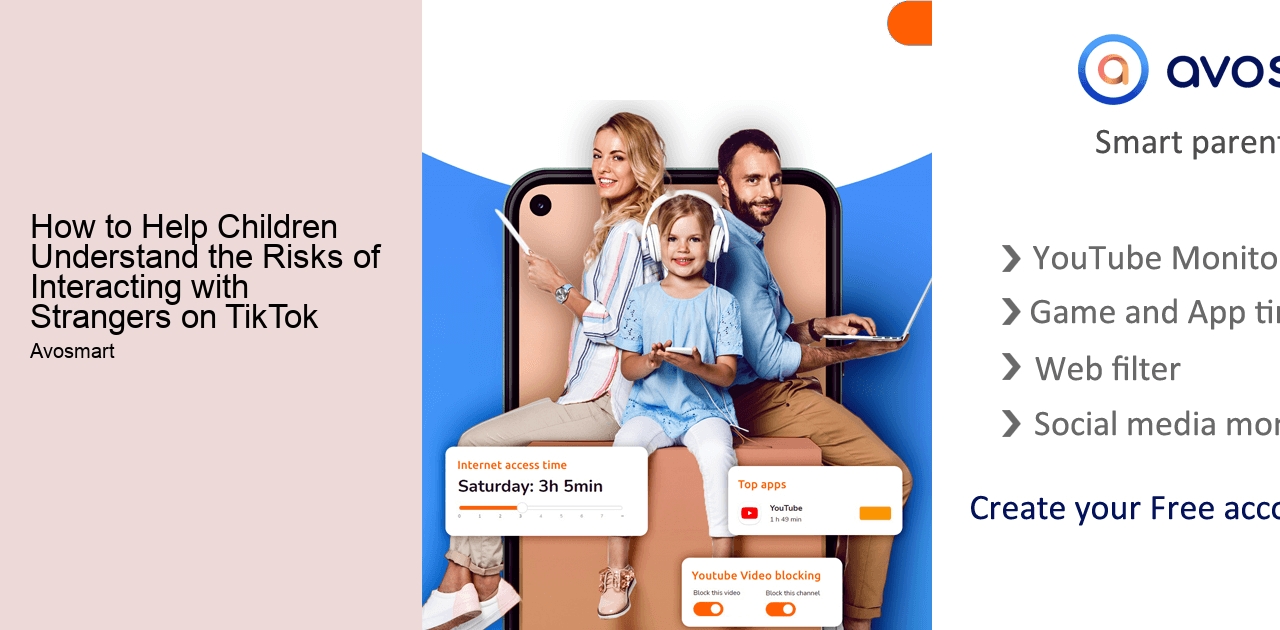
The Importance of Teaching Children about Online Safety
How to Help Children Understand the Risks of Interacting with Strangers on TikTok
Teaching children about online safety is crucial in today's digital age. With the increasing use of technology and the internet, children are exposed to various online risks such as cyberbullying, inappropriate content, and online predators. By educating children about online safety, they can learn how to protect their personal information, recognize and report cyberbullying, and understand the importance of privacy settings. Additionally, teaching children about online safety can help them develop critical thinking skills to evaluate the credibility of online information. Overall, educating children about online safety empowers them to navigate the digital world safely and responsibly.


